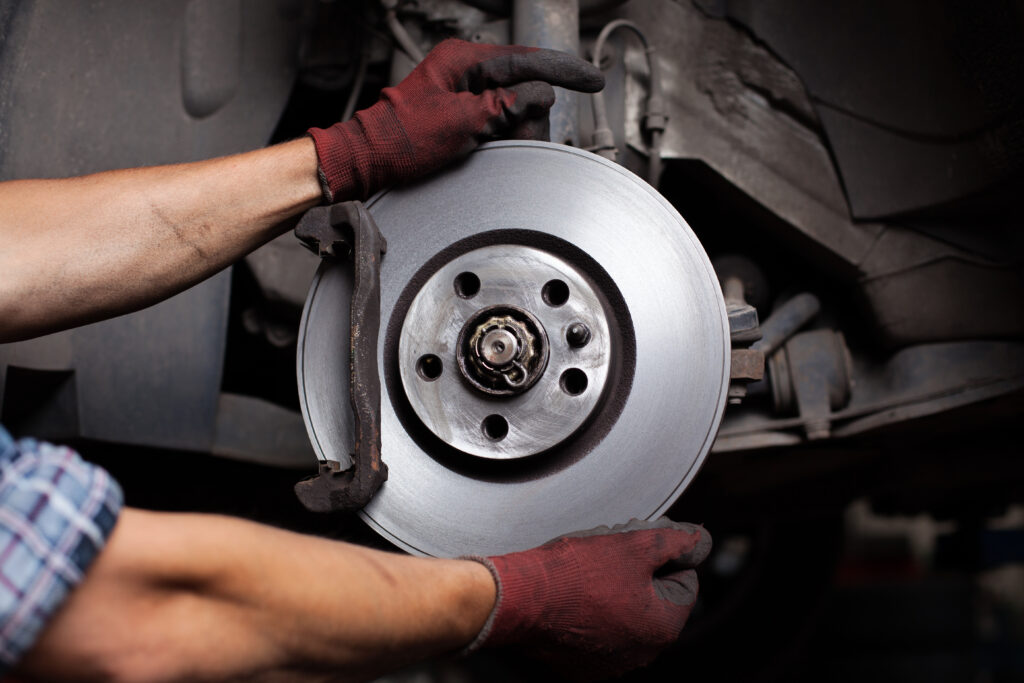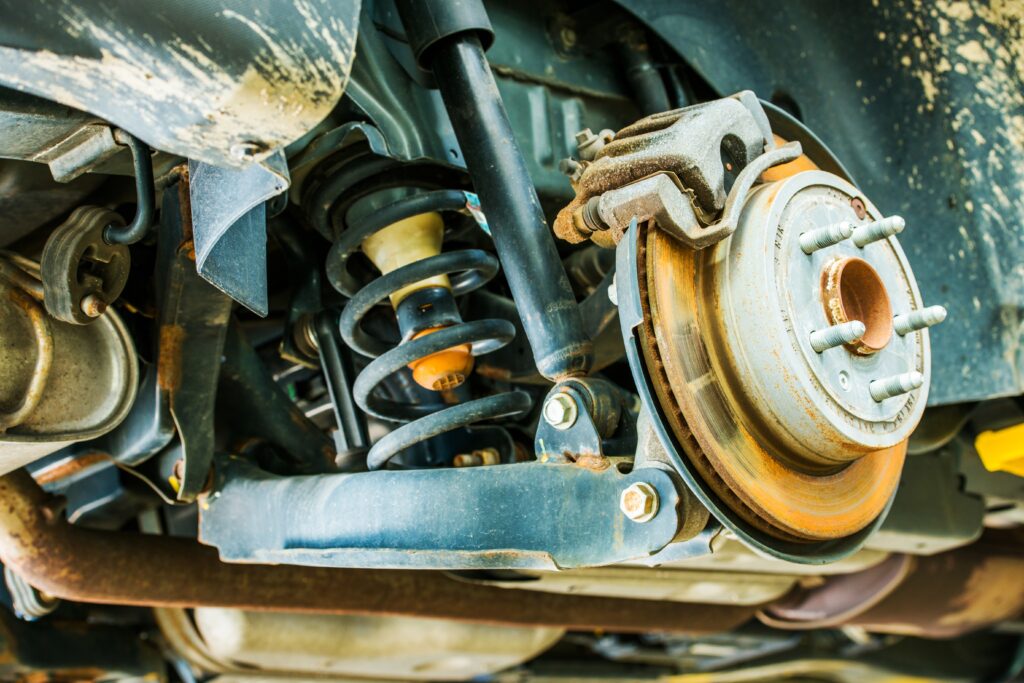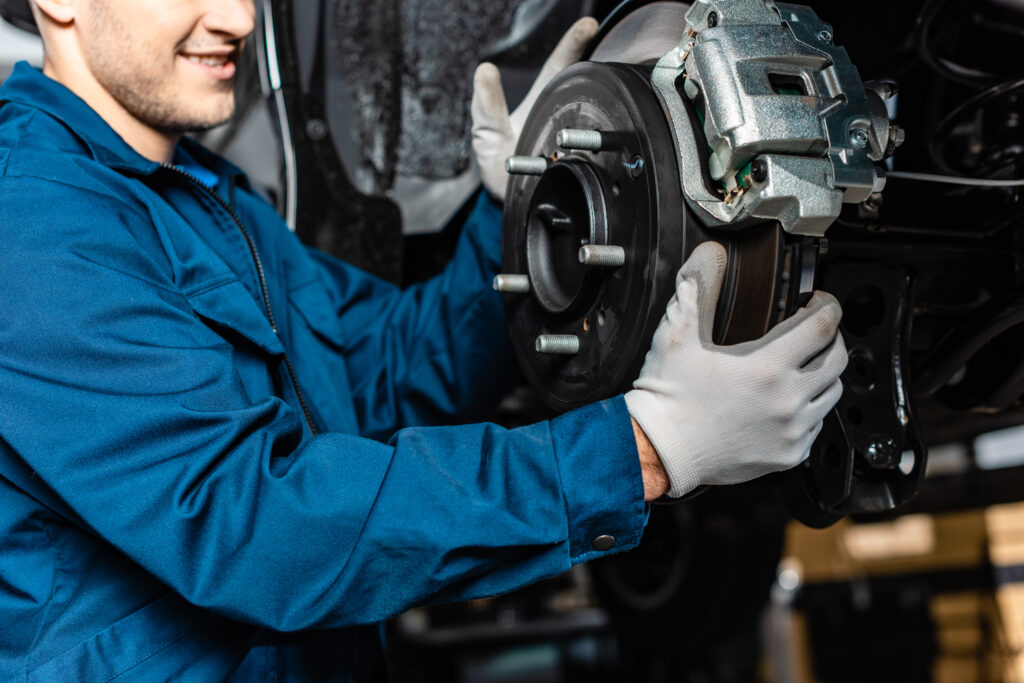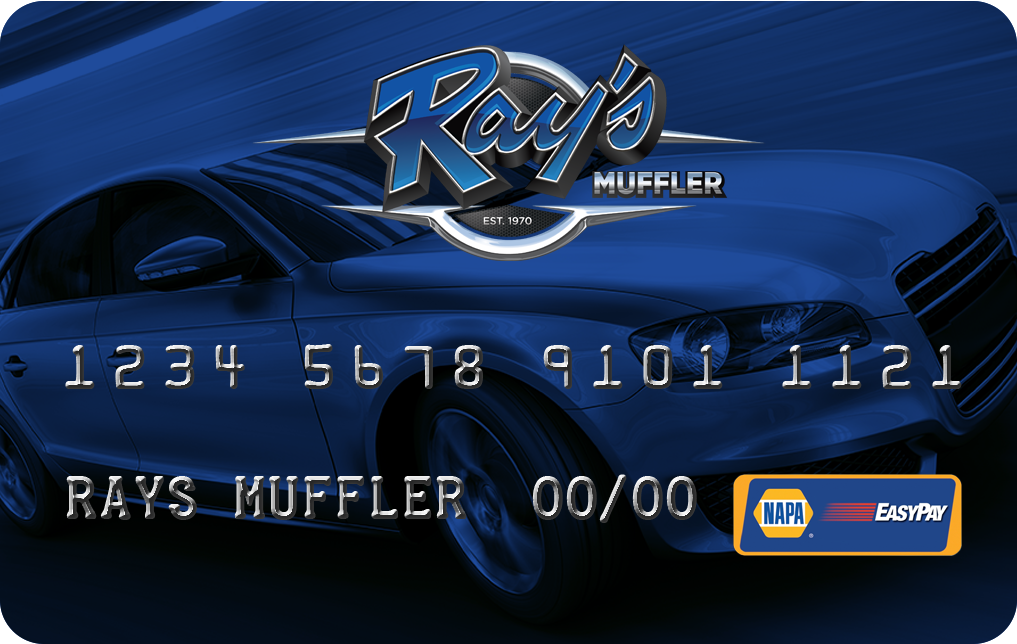Your brakes are an essential part of your vehicle. They allow for safe stopping and speed control, and they should be kept in good working order to facilitate safe operation. An underestimated part of taking care of your brakes is understanding how they work. If you know how your brakes work, you can save a lot of strain on them and help them last longer.

How Do Brakes Work?
A moving vehicle represents thousands of pounds at speed. To stop such a force, your braking system has to transfer the force of your foot on the brake pedal to the tires, multiplying it so that little tap makes any difference and mitigating the heat created in the transfer so it doesn’t burn your brake pads up. You can see why a working brake system is a marvel of physics.
Brakes work by utilizing several different components. We’ll start at the brake pedal, where your foot gives the command for the brakes to engage. When the brake pedal is depressed, a lever pushes a piston into a hydraulic fluid-filled cylinder. The fluid inside is pushed through a network of pipes into wider cylinders situated next to the brakes on each wheel. This hydraulic system amplifies the relatively insignificant force from your foot into enough to slow or stop the vehicle.
What happens next depends on the type of braking system—disc brakes or drum brakes—are used at each tire:
- Disc brakes work using a caliper to press a brake pad against a brake disc. This creates friction which slows the wheels. This friction is in turn converted into heat and absorbed by the brake pads.
- Drum brakes follow the same principles about friction but apply them a little differently. They consist of brake shoes with friction linings and a hollow brake drum. The drum turns with the wheel until the brake pedal is engaged. When that happens, a hydraulic cylinder pushes the brake shoes against the brake drum’s inner surface, generating friction and slowing the tire.
Some vehicles employ both kinds of systems, usually disc brakes on the front wheels and drum brakes in the rear. For both brake systems, friction is also applied to the road when the brakes are applied, further helping to slow the vehicle. The heat generated by the braking process is extreme, reaching temperatures of 950º F or more. To handle such dramatic temperatures, brake pads are specially designed out of alloys, composites, and ceramics that will not melt.

What If My Brakes Stop Working?
Braking systems are intricate and nuanced, and while they are designed to take a lot of heat, they are not infallible. If brakes are not serviced frequently enough or are damaged in an accident, they can stop working. When that happens, drivers, passengers, and vehicles are in significant danger. Brake failure usually leads to losing control of the vehicle, even when it is in operation.
If your brakes give out while the vehicle is moving, try not to panic. Don’t be afraid to use your horn to let other drivers know you have a problem. Try to downshift one gear at a time to slow your vehicle in a controlled way. The emergency brake can also help with this. Do what you can to navigate to an area with fewer hazards. When you manage to stop, engage the emergency brake and call for help.
To keep yourself and others safe, keep an eye out for the warning signs that your brakes need to be serviced.
What Are the Warning Signs?
Your vehicle should tell you when they need to be serviced. Be mindful of the warning signs and do not put off maintenance. If your brake light comes on, err on the side of caution and get your brakes looked at. When brakes work well, you should have a smooth ride, but if any of these symptoms pop up, don’t delay in getting them inspected professionally:
- Uneven brake pad wear
- Braking that feels spongy or sticky
- Bouncing when the vehicle brakes
- A grinding or squeaking sound when you brake
- A burning smell when the brakes are engaged
- Leaking brake fluid

How Can I Take Care of My Brakes?
To make sure your brakes work properly for a long time, it is wise to have them regularly inspected. Once a year should be good. This includes servicing the brake pads, which are usually the first element of the brake system to fail. You should also regularly check your brake fluid levels to catch leaks early. If you notice warning signs, address them immediately.
You can also preserve your brakes by following a few good driving practices. Avoid sudden or hard braking as much as possible. If you know you are approaching a light or stop sign where you need to stop, give yourself plenty of time to coast and let the road’s traction take the brunt of braking pressure.




Leave a Reply